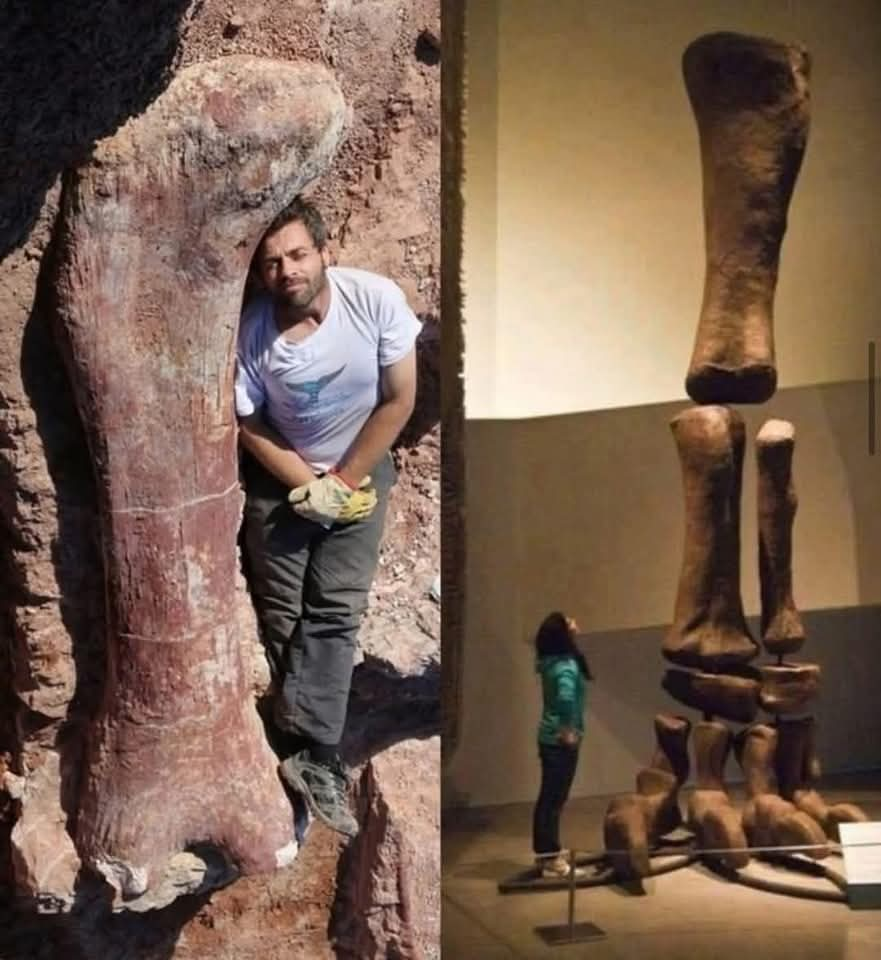
The turning of the calendar has long been a symbol of new beginnings, a fresh start, and an opportunity for reflection and renewal.
The tradition of celebrating the New Year dates back thousands of years, with one of the earliest known celebrations occurring in ancient Babylon around 2000 BCE. The Babylonians celebrated the arrival of the new year with grand festivities during the spring equinox, marking the renewal of life and the beginning of the agricultural cycle. The concept of New Year’s Day was later adopted by the Romans, who transitioned their calendar from the lunar-based system to the Julian calendar, establishing January 1st as the official start of the new year in 45 BCE under Emperor Julius Caesar.
Over the centuries, different cultures have embraced various customs and rituals surrounding the arrival of the new year. From the fireworks displays seen in modern celebrations to the ancient practice of making New Year’s resolutions, many traditions have endured, symbolizing hope and the aspiration for personal growth. The turn of a new year has consistently been a time for introspection, gratitude, and optimism for what lies ahead.
In the context of 2025, the year stands as an important milestone in an era of rapid technological advancements, global connectivity, and shifting social landscapes. With new challenges and opportunities on the horizon, 2025 offers a chance to build upon the legacies of past years and to embrace the possibilities of the future. As we celebrate this transition, let us look forward to the promises of progress, unity, and collective growth.










Leave a Reply